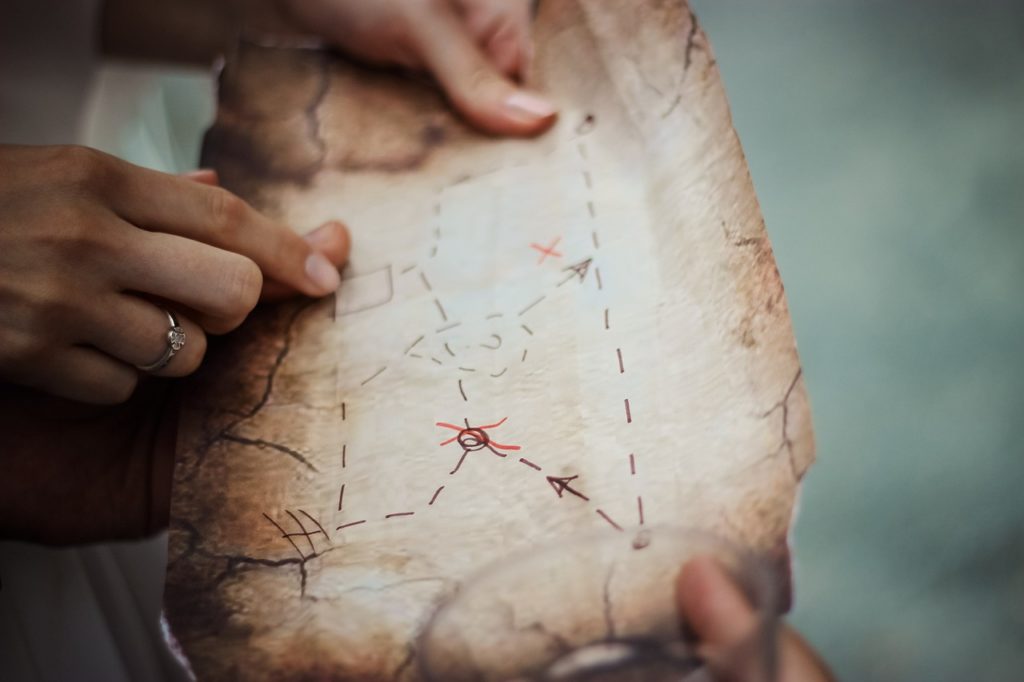The thrill of venturing into the unknown, the serenity of a secluded campsite, the invigorating challenge of navigating by the stars – these are just a few of the reasons why camping holds such allure. But for every breathtaking vista, there’s the potential for a wrong turn and a disorienting scramble. Fear not, intrepid explorer! With a little preparation and knowledge, you can navigate your camping adventures with confidence.
Before You Pitch Your Tent:
- Map It Out: Invest in a detailed topographic map of your campsite area. Mark your planned route, potential landmarks, and alternative paths. Familiarize yourself with the map’s symbols and scale.
- Embrace Technology: Download offline maps and navigation apps like Gaia GPS or Locus Maps onto your smartphone or GPS device. Ensure they have enough battery life for your trip.
- Friend of the Compass: Don’t underestimate the power of a good old-fashioned compass. Learn how to use it properly before your trip, including adjusting declination for your location.
- Practice Makes Perfect: If you’re new to map and compass navigation, practice in your backyard or a familiar park before heading into the wilderness.
Charting Your Course:
- Orient Yourself: Once at your campsite, find a high point with a clear view and use your map and compass to orient yourself. Match landmarks on the map to their real-life counterparts.
- Trailblazing Basics: When hiking, stay on marked trails whenever possible. If venturing off-trail, leave a note at your campsite indicating your estimated return time and route.
- Leave a Breadcrumb Trail: As you navigate, mark your path on your map or use GPS waypoints to track your progress. This will be vital if you need to retrace your steps.
- Triangulate Your Position: If you feel lost, use triangulation to pinpoint your location. Identify at least three landmarks visible on your map and take bearings to them using your compass. Plot these bearings on your map, and where they intersect is likely your position.
Remember:
- Weather Matters: Check the forecast before and during your trip. Heavy rain, snow, or fog can drastically affect visibility and navigation. Be prepared to adjust your plans or seek shelter if necessary.
- Communicate: Inform someone back home about your itinerary and estimated return date. Consider carrying a satellite communicator for emergencies in remote areas.
- Don’t Panic: If you get lost, stay calm and conserve energy. Retrace your steps if possible, but don’t hesitate to seek help from park rangers or experienced hikers.
Bonus Tip: Learn basic celestial navigation using the stars. While not as precise as a compass, it can be a fascinating and empowering skill to have in your back pocket.
By following these tips and developing your navigation skills, you can transform your camping trips from nerve-wracking ventures into adventures filled with confidence, self-reliance, and a deeper connection to the wilderness. So, grab your map, compass, and sense of adventure, and get ready to explore!

